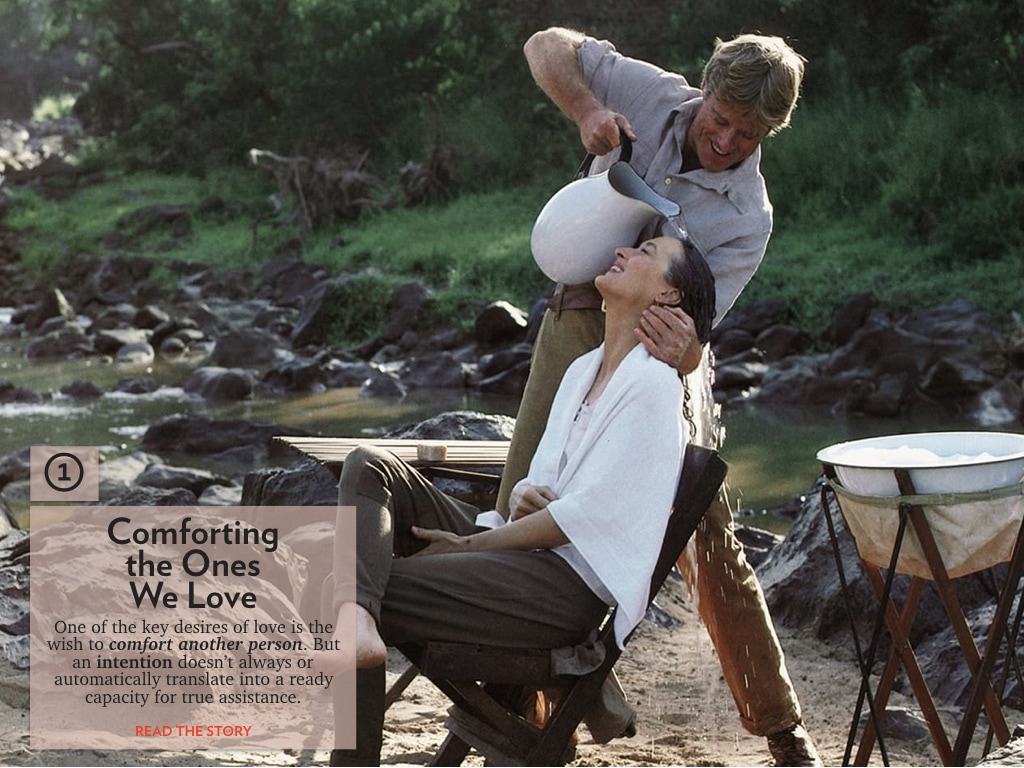⊕ PSYCHOLOGY | SOCIETY
The Fantasy of Wordless Communication
One of the most gratifying aspects of the early days of a relationship is the sense that our lover has been equipped with an extraordinary capacity to understand us intuitively – without us needing to explain ourselves in detail. |
|
|
|
|
MORE
|




